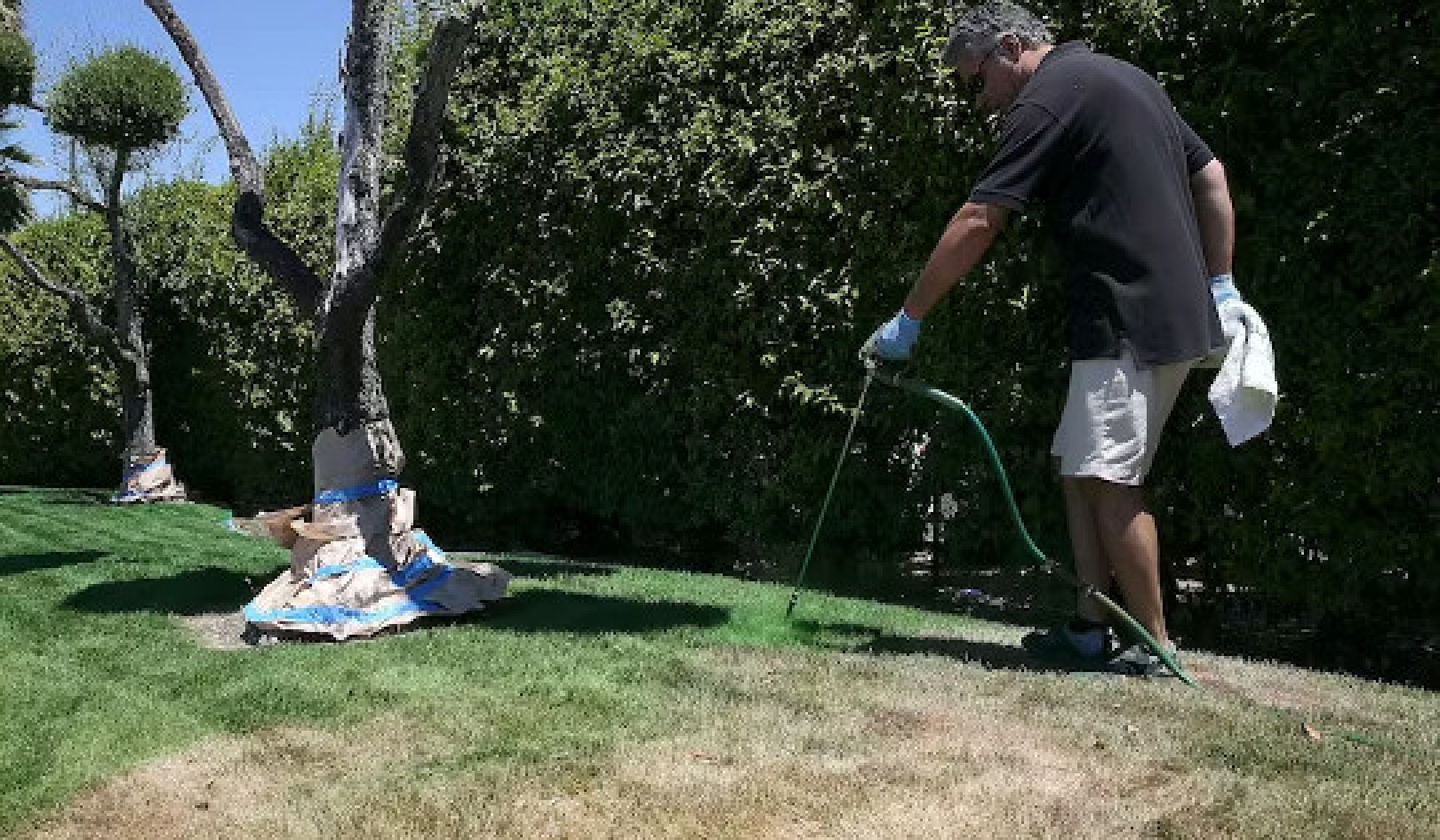
Having a name for what ails you can be a relief. I remember a young mother with serious neurological symptoms who came to see me when I was running a mind-body clinic at one of the Harvard Medical School teaching hospitals. She arrived for an appointment one day unusually perky and bright. “I have MS !” she announced with enthusiasm.
She was, in fact, relieved to know what was wrong with her. Multiple sclerosis (MS) was something she could wrap her mind around — that is, she could learn more about the disease and deal with it. Even though she knew that the course of MS was inherently uncertain and possibly uncontrollable, the devil she could name felt less dangerous than one that had no name.
Why Am I So Stressed Out?
I felt the same way about whatever was ailing me. I wanted to know precisely why I felt like a zombie. Was I stressed out of my mind, overloaded with information that was jamming my gray matter and making myself so crazy-busy that I was running on empty? Had I become a poster child for Prozac, or was I simply grieving for a world that’s careening out of control?
Of all people, I thought that I should know the answer. I’m a medical scientist and psychologist, after all. But diagnosing yourself is dangerous business. Rationalization, denial, and wishful thinking fog the lens of whatever microscope — physical, psychological, behavioral, or spiritual — you may be using to examine yourself with.
Consulting the Experts: Burnout or Depression?
So I did the reasonable thing, which was to consult the experts. One physician — alerted by my extreme fatigue — ordered a thyroid-function test. It came up normal . . . and so did all of my blood work. In the absence of any positive physical findings, she assigned me the default diagnosis: stress. That was embarrassing, since it meant that I had to read my own best-selling book on the subject (Minding the Body, Mending the Mind).
So, working on the assumption that acupuncturists know more about the human energy system than physicians, I made an appointment to see one. This woman listened carefully to my history and felt my pulses. She inserted long needles in the appropriate meridians, twirling them expertly and talking to herself about my chi — or life-force energy. She sounded concerned.
After the needles were removed and I’d put my clothes back on, she came back into the treatment room with the lugubrious demeanor of a funeral director. “In 15 years of practice,” she said, “I have never [and she leaned heavily on that word] seen someone whose life-force energy was so low.” Clearly I had frightened her. So I left with a bottle of small red Chinese pills and a steely resolve never to return even if I lived out the week. The look on her face was just too depressing.
Tension: Root of the Problem or Symptom?
 The bodyworkers I consulted were a diverse and interesting group of health-care practitioners. Massage therapists all came to the consensus that extreme muscle tension from sitting in front of my computer, living on airplanes, and scrambling to make deadlines was the cause of my fatigue and apathy. They were spot-on about the tension, but was it the root of my profound exhaustion or just another symptom of an underlying problem?
The bodyworkers I consulted were a diverse and interesting group of health-care practitioners. Massage therapists all came to the consensus that extreme muscle tension from sitting in front of my computer, living on airplanes, and scrambling to make deadlines was the cause of my fatigue and apathy. They were spot-on about the tension, but was it the root of my profound exhaustion or just another symptom of an underlying problem?
A seasoned Rolfer (a bodyworker trained to recognize and release the tension and constriction in your fascia, the fibrous connective tissue that holds your muscles, bones, and organs in place) pointed out that poor posture was taking a toll on my energy. She was most helpful in raising awareness of how I sat, walked, and held my body. Rolfing sessions (ten in a series) helped stretch tight connective tissue and ease physical tension. My energy level also started to increase as I became progressively more aware of my body.
Help! My Life is Out of Control!
My psychotherapist, a brilliant and compassionate man whom I deeply respect, listened to my problems with great patience. We both agreed that something had to change since my life felt out of control. But short of winning the lottery and retiring to the seashore, neither one of us could imagine how my life could be improved in any practical, immediate way.
What I discovered is that burnout — outside of corporate circles — is very poorly understood. None of the healers whom I consulted — either the traditional or the complementary — understood what the mechanics of burnout are and what is needed for recovery.
I realized that unless the condition is recognized and taken seriously, physicians will keep missing it and handing out antidepressants. While medication can afford temporary relief for some people, it may also short-circuit the process of self-reflection, which is ultimately where healing comes from.
Burnout, Antidepressants & Placebos
Scales that measure burnout (the Maslach Burnout Inventory, which is the most popular) focus on three sets of symptoms: emotional exhaustion — deep fatigue and feelings of being emotionally drained and overwhelmed; depersonalization — a loss of self and a cynical disregard for the people you serve or live with; and diminished personal accomplishment — a progressive loss of confidence and competence.
Burnout is a natural for Big Pharma. Imagine commercials for drugs that promise to rekindle your inner fire, conquer fatigue, or power your motivational engine. They could dominate the ad world. They already have, in fact. They’re just called antidepressants. One of the reasons multiple studies have shown that antidepressants are no better than placebos (except in very severe cases) is because they’re prescribed largely to people who aren’t really depressed.
These individuals are in the process of burnout, which includes a component of depression, but can only be ameliorated by understanding the mechanics of the process and changing one’s orientation to life and work.
Reprinted with permission of the publisher,
Hay House Inc. ©2011. 2012. www.hayhouse.com
Article Source
 Fried: Why You Burn Out and How to Revive
Fried: Why You Burn Out and How to Revive
by Joan Borysenko.
Click here for more info and/or to order this book.
About the Author
 Joan Borysenko, Ph.D., is a Harvard-trained medical scientist, licensed psychologist, and spiritual educator. A New York Times best-selling author and blogger for The Huffington Post, her work has appeared in newspapers ranging from The Washington Post to The Wall Street Journal. A warm and engaging teacher and speaker, she blends cutting-edge science and psychology with a profound and palpable sense of the sacred (and a world-class sense of humor). Founder and director of the SoulCare in HealthCare training program, Joan lives in the mountains of Colorado. You can find out more about her work, watch videos, and read articles at www.joanborysenko.com. You are also welcome to join the lively conversation on Joan’s Facebook page.
Joan Borysenko, Ph.D., is a Harvard-trained medical scientist, licensed psychologist, and spiritual educator. A New York Times best-selling author and blogger for The Huffington Post, her work has appeared in newspapers ranging from The Washington Post to The Wall Street Journal. A warm and engaging teacher and speaker, she blends cutting-edge science and psychology with a profound and palpable sense of the sacred (and a world-class sense of humor). Founder and director of the SoulCare in HealthCare training program, Joan lives in the mountains of Colorado. You can find out more about her work, watch videos, and read articles at www.joanborysenko.com. You are also welcome to join the lively conversation on Joan’s Facebook page.




























